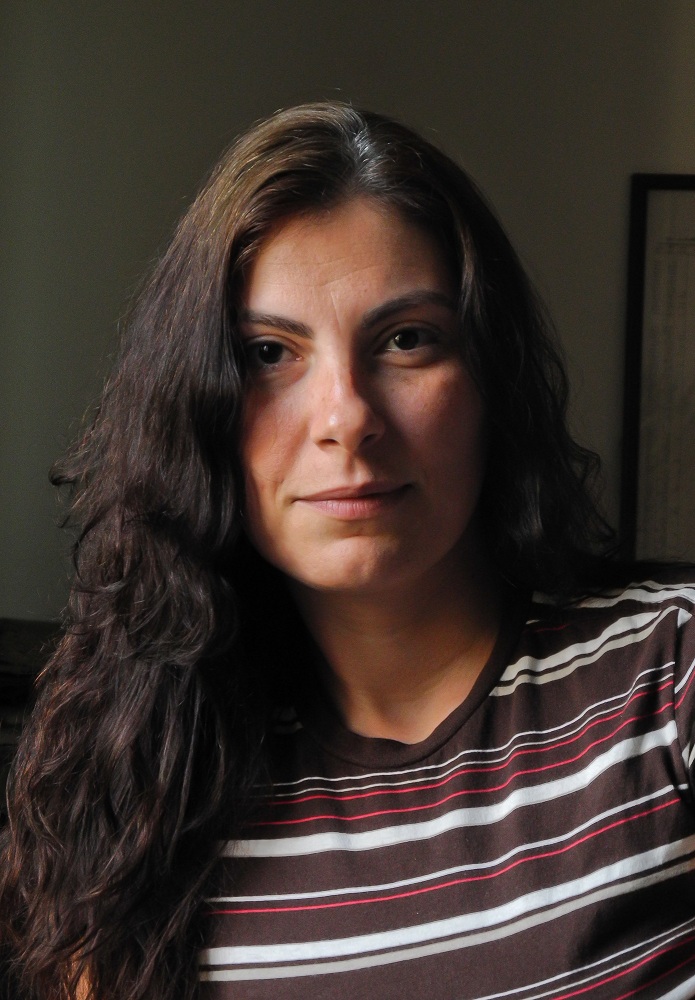By Alfred Stepan
CAIRO: With protests fading in Tunis and seeming to have peaked in Cairo, it is time to ask whether Tunisia and Egypt will complete democratic transitions. I have been visiting both countries, where many democratic activists have been comparing their situation with the more than 20 successful and failed democratic-transition attempts throughout the world that I have observed and analyzed.
One fear should be dismissed immediately: despite worries about the incompatibility of Islam and democracy, more than 500 million Muslims now live in Muslim-majority countries that are commonly classified as democracies — Indonesia, Turkey, Bangladesh, Senegal, Mali, and Albania. But, for almost 40 years, not a single Arab-majority country has been classified as a democracy, so a democratic transition in either Tunisia or Egypt (or elsewhere in the region) would be of immense importance for the entire Arab world.
Tunisia’s chances of becoming a democracy before the year ends are, I believe, surprisingly good. A key factor here is that the military is not complicating the transition to democracy. Tunisia has a small military (only about 36,000 soldiers), and, since independence in 1956, it had been led by two party-based non-democratic leaders who strove to keep the military out of politics.
Moreover, the current civilian-led interim government engages in at least some negotiations about the new democratic rules of the game with virtually all of the major political actors who generated the revolution and who will contest the elections.
Tunisia’s interim government has announced that elections to a Constituent Assembly will be held on July 24, 2011, and, crucially, that as soon as the votes are counted, it will step down. As in the classic democratic transitions in Spain and India, the newly elected Constituent Assembly will immediately have the responsibility of forming the government.
The Constituent Assembly will be free to choose a presidential, semi-presidential, or parliamentary system. A consensus is emerging among political leaders to choose the same system as the 10 post-communist countries that have been admitted to the European Union: parliamentarianism.
Finally, Rachid Al-Ghannouchi, who leads the largest Islamic-inspired political party, Al-Nahda, went out of his way to tell me that he has signed an agreement with some secular parties that he will not try to change Tunisia’s women-friendly family code, the most liberal in the Arab world. While many party leaders do not fully trust Ghannouchi, they believe that in the new democratic environment, the political costs to Al-Nahda would be too great for it to risk trying to impose Islamic rule. They also increasingly believe that the most democratically effective policy toward Al-Nahda for secular parties is accommodation, not exclusion.
Democratization in Egypt in the long term is probable, but it does not share the more favorable conditions found in Tunisia. One of the biggest differences between the two countries is that every Egyptian president since 1952 has been a military officer. Eighteen generals lead the Post-Mubarak interim government, the Supreme Council of the Armed Forces (SCAF). They unilaterally issue statements about what they see as the rules of the game for future elections. Key civil-society and political actors repeatedly told me that they had little access to, and almost no politically serious negotiations with, the SCAF.
The clashes in Tahrir Square on April 9-10, which led to the deaths of two protesters, were the most serious to date between activists and the Army. The distance between the Army and young democratic activists grew further on April 11, when a military court sentenced the first blogger since the fall of Mubarak to prison for criticizing the military.
In the SCAF’s March 30 “Constitutional Declaration,” it became absolutely clear that, unlike Tunisia, the parliament to be elected in September will not form a government. Articles 56 and 61 stipulate that the SCAF will retain a broad range of executive powers until a president is elected. Instead of Parliament acting as the sovereign body that will write a constitution, Article 60 mandates that it is to “elect a 100-member constituent assembly.” The big question now is how many non-elected outside experts will end up in this “constituent assembly” and how they will arrive there.
Of course, many still fear that Islamic fundamentalists will hijack Egypt’s revolution. But I see that as an improbable outcome, given the growing diversification of Muslim identities in the new context of political freedoms, secular parties’ efforts to keep the Muslim Brotherhood within electoral politics, and the profiles of the three leading presidential candidates, none of whom want the Egyptian Revolution to be captured.
In short, a successful democratic transition is possible in Tunisia, and not impossible in Egypt. That fact, alone, should bolster the hopes of Arab democratic activists elsewhere as well.
Alfred Stepan is Professor of Government at Columbia University and the author, with Juan J. Linz and Yogendra Yadav, of the recently published Crafting State Nations. This commentary is published by Daily News Egypt in collaboration with Project Syndicate, www.project-syndicate.org.

